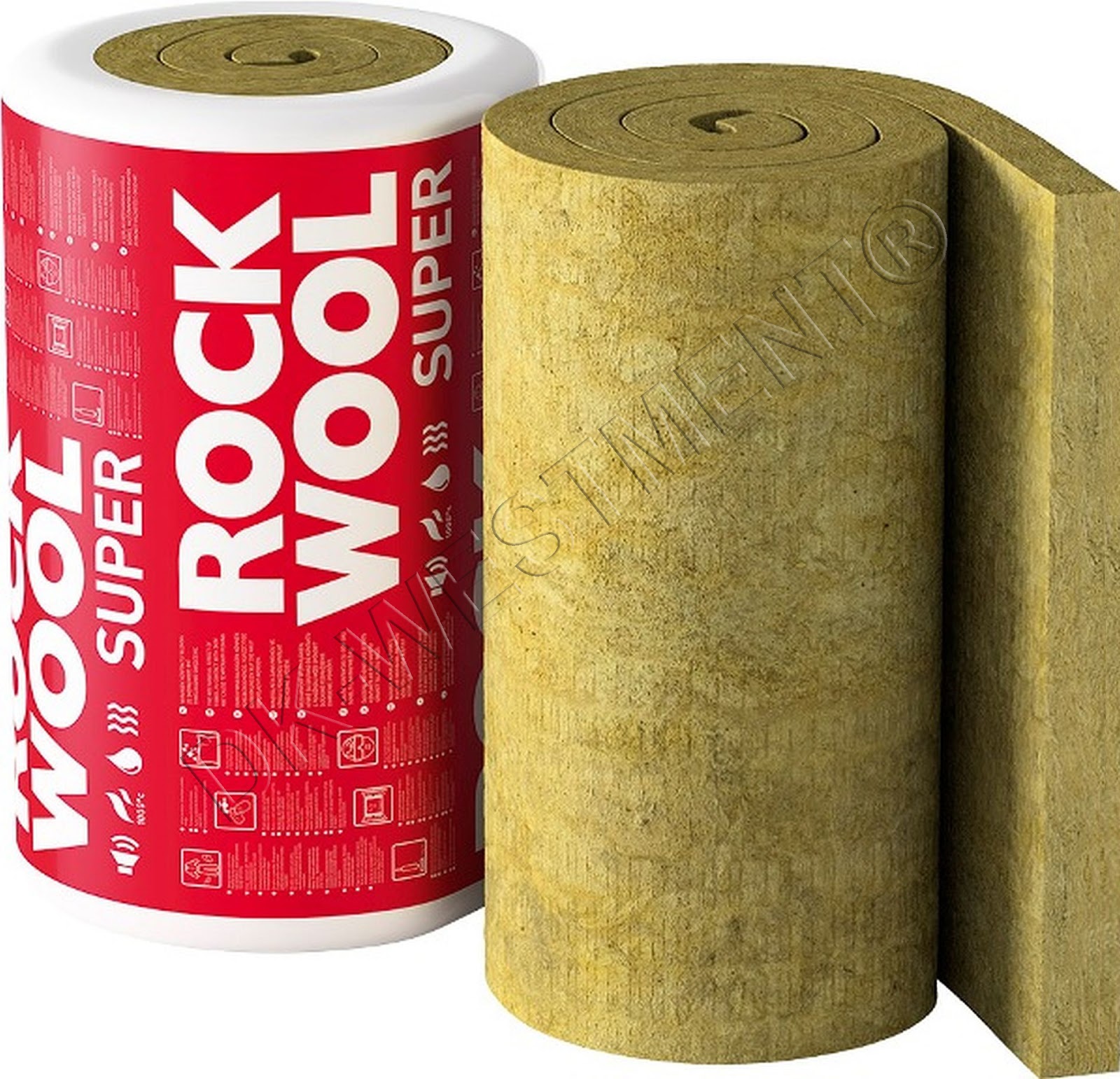Understanding Rockwool: The Ultimate Guide To Its Benefits, Uses, And Applications
Rockwool, also known as mineral wool or stone wool, is a versatile and highly effective insulation material that has gained popularity across various industries. This article delves deep into the world of rockwool, exploring its properties, benefits, and applications in construction, agriculture, and more. If you're looking to enhance your knowledge about rockwool, you’ve come to the right place!
In the following sections, we will discuss what rockwool is, its composition, and why it is considered an excellent choice for insulation and plant growth. We will also look at its environmental impact and safety considerations, showcasing why it has become a preferred option for many professionals and homeowners alike.
By the end of this article, you will have a comprehensive understanding of rockwool, empowering you to make informed decisions whether you are considering it for insulation or for horticultural purposes. Let’s dive into the fascinating world of rockwool!
Table of Contents
- What is Rockwool?
- Composition and Manufacturing of Rockwool
- Benefits of Rockwool
- Applications of Rockwool in Construction
- Applications of Rockwool in Agriculture
- Environmental Impact of Rockwool
- Safety Considerations When Using Rockwool
- Conclusion
What is Rockwool?
Rockwool is a type of insulation material made from volcanic rock, basalt, and other natural minerals. It is created by melting these materials at high temperatures and then spinning them into fibers that are bonded together. This process results in a lightweight, fire-resistant material that offers excellent thermal and acoustic insulation properties.
Rockwool is used in a variety of applications, including building insulation, soundproofing, and horticulture. Its unique properties make it a desirable choice for many industries, especially where energy efficiency and safety are top priorities.
Composition and Manufacturing of Rockwool
The primary raw materials used in the manufacturing of rockwool include:
- Basalt rock
- Limestone
- Recycled materials
The manufacturing process involves several key steps:
- Melting: The raw materials are heated to temperatures exceeding 1600°C, creating molten rock.
- Fiberizing: The molten rock is rapidly cooled and spun into fine fibers.
- Bonding: The fibers are bonded together using a binder to form batts, boards, or loose fill.
Rockwool Specifications
| Property | Value |
|---|---|
| Density | 30-200 kg/m³ |
| Thermal Conductivity | 0.035-0.045 W/mK |
| Fire Resistance | Non-combustible (Class A1) |
| Sound Absorption | Up to 1.0 NRC |
Benefits of Rockwool
Rockwool offers numerous benefits, making it a popular choice for both construction and horticulture:
- Excellent Insulation Properties: Rockwool provides effective thermal insulation, helping to reduce energy consumption in buildings.
- Fire Resistance: It can withstand high temperatures without releasing harmful smoke, making it a safe choice for building materials.
- Sound Absorption: Rockwool effectively reduces noise pollution, creating quieter environments.
- Water Resistant: Unlike traditional insulation, rockwool does not absorb water, preventing mold growth.
- Eco-Friendly: It is made from natural materials and can be recycled, contributing to sustainable building practices.
Applications of Rockwool in Construction
In the construction industry, rockwool is widely used for various applications:
- Wall Insulation: It is commonly used in exterior and interior wall insulation systems.
- Roof Insulation: Rockwool is effective for insulating roofs, helping to maintain comfortable indoor temperatures.
- Fireproofing: It is used in fire-resistant partitions and ceilings to enhance safety in buildings.
- Acoustic Treatment: Rockwool panels are installed in recording studios, theaters, and concert halls for soundproofing.
Applications of Rockwool in Agriculture
Rockwool has found significant use in agricultural practices, particularly in hydroponics and greenhouse farming:
- Growing Medium: Rockwool provides an excellent growing medium for plants, offering good aeration and water retention.
- Seedling Propagation: It is ideal for starting seedlings due to its sterile and inert nature.
- Hydroponic Systems: Rockwool is widely used in hydroponic systems, supporting plant roots while providing essential moisture and nutrients.
Environmental Impact of Rockwool
While rockwool is made from natural materials and can be recycled, its production process does have environmental implications. However, many manufacturers are adopting sustainable practices to reduce their carbon footprint:
- Use of recycled materials in production
- Energy-efficient manufacturing processes
- Long lifespan of products, reducing the need for frequent replacements
Safety Considerations When Using Rockwool
When working with rockwool, it’s important to follow safety precautions:
- Wear protective clothing, gloves, and a mask to avoid inhalation of fibers.
- Ensure proper ventilation when installing rockwool to minimize dust exposure.
- Follow the manufacturer’s guidelines for installation and handling.
Conclusion
In conclusion, rockwool is a versatile and effective insulation material with numerous benefits across various industries. Its excellent thermal and acoustic properties, coupled with its fire resistance and eco-friendliness, make it a preferred choice for construction and agriculture. Whether you are a homeowner, builder, or gardener, understanding the advantages and applications of rockwool can help you make informed decisions.
Feel free to leave your comments below, share this article with others, or explore more articles on our site to expand your knowledge further!
Final Thoughts
Thank you for taking the time to read our comprehensive guide on rockwool. We hope this article has provided valuable insights and encourages you to consider rockwool for your next project. Don’t hesitate to return for more informative articles in the future!
Talisua Fuavai-Fatu: A Comprehensive Overview
Exploring The Life And Career Of Jaime: An In-Depth Look
Embark Studios: Pioneering The Future Of Gaming Development


